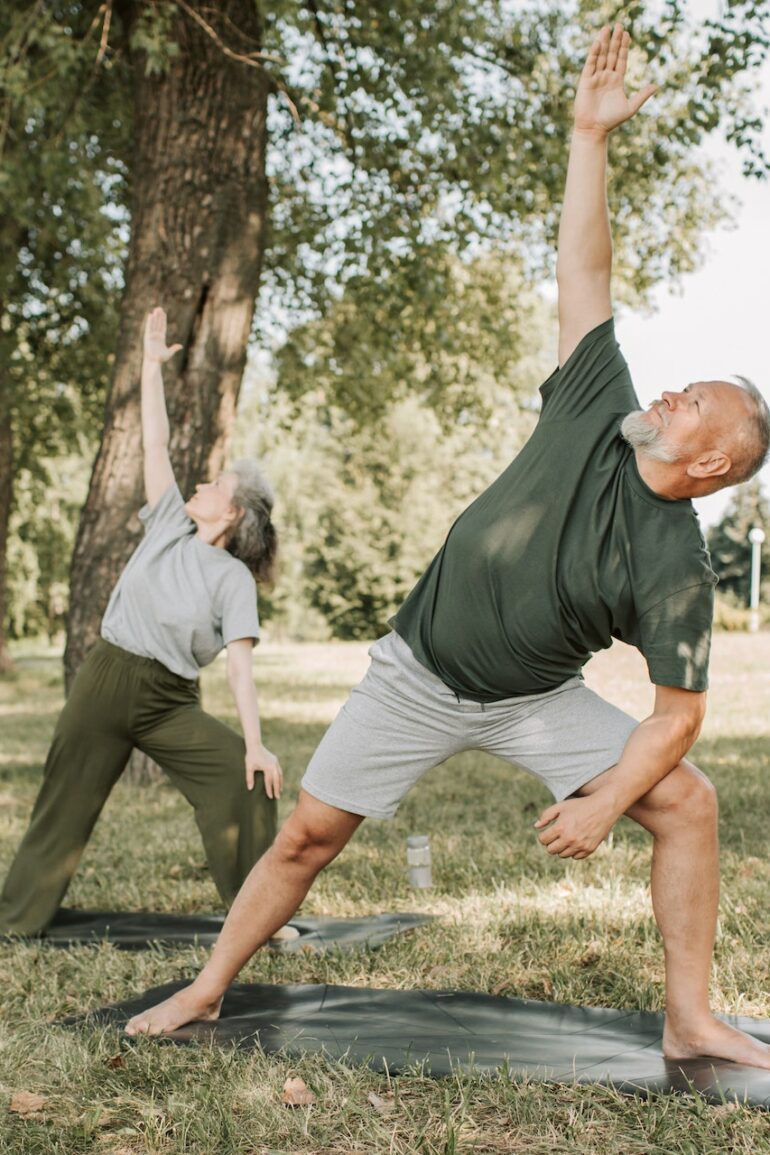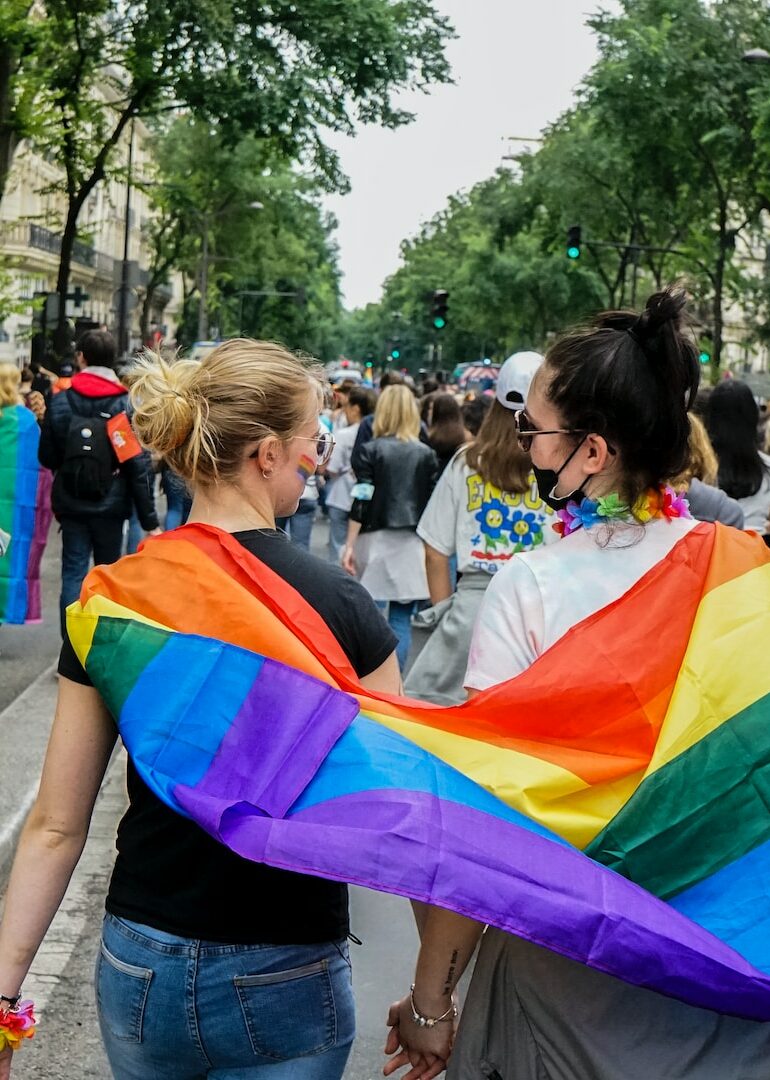Table of Contents
Coming out is a complex, personal process that happens differently at different ages for different people.
It’s important to understand, accept, and value yourself and reach out to people and organizations that can support or mentor you.
For example, the LGBTQ+ community promotes awareness of specific issues like discrimination and lack of access to basic health services. They can also help those with chronic diseases like cancer get in touch with support communities like the Mesothelioma Group.
If you already came out, congratulations! Your newfound liberty may have led you to consider dating or starting a relationship as an LGBTQ+. But how do you go about dating as an LGBTQ+ after coming out?
Read more about LGBTQ+ dating as you embrace your true identity. This article also discusses how you can explore your sexuality while still protecting your health.
LGBTQ+ Dating for Those Who Just Came Out
You may have gone through a crucial self-defining moment in recognizing your homosexuality. Now that you’ve officially come out, you’re probably asking yourself, what’s next? Here are some LGBTQ+ dating tips if you just came out:
You Don’t Have to Rush to Go on Dates
Give yourself time to reflect and determine what type of connections you want to have. But if you already feel ready, it’s also okay to go on dates.
Just be open and honest with yourself and your dating partner. Tell them your expectations and boundaries, so you won’t feel pressured to do something you’re not ready for or comfortable with.
Be Honest About Being Inexperienced
When you go to LGBTQ+ events and meetups, it’s okay to say, “I’m new here.” You can tell the host in advance or message the event organizer to let them know you’re nervous. They can show you around and help you introduce yourself to others.
Are You on a Date or Just Hanging Out With Friends?
Sometimes, it’s not easy to tell the difference between a simple compliment and flirting. Did someone say your lipstick color looks hot? Or did they really want to kiss you?
If you’re unsure, don’t be shy to ask for clarification. Being upfront about what you really want out of the relationship may save you some stress and help others read your intentions correctly.
Don’t Be Afraid to Try New Things
Try new things you never allowed yourself to do before you came out. Play with fashion or try dating apps.
LGBTQ+ dating apps cater to different needs of different people, straight or LGBTQ+ folks. If one app doesn’t work for you, dust yourself off and try another one.
Be Comfortable With Who You Are
It can sometimes feel like a spotlight is shining on you, especially if you’re bold and courageous enough not to care about what others say.
Just remain calm even if others make a big fuss seeing you on a date, but always put your safety first.
Meet your date in places you’re already familiar or comfortable with, like restaurants that you know are LGBTQ+-friendly. So, you’re sure that someone will have your back if something goes south.
Explore Your Sexuality Safely
You may get nervous and not like sex once it starts. So make sure to bring this concern to a potential partner.
You can also try body mapping or masturbation to become familiar with your body. Remember, your potential partner can only pleasure you best if you can communicate with them your desires.
Sex is fantastic but make sure to practice it safely. In 2019, about 70% of HIV infections in the U.S. were among gay and bisexual men.
HIV (human immunodeficiency virus) attacks the body’s immune system. If this virus isn’t treated, it can lead to AIDS (acquired immunodeficiency syndrome).
HIV may also increase one’s susceptibility to mesothelioma, a rare type of cancer. So take advantage of PrEP (pre-exposure prophylaxis), an HIV prevention medicine, if you plan to be sexually active.
You may also check this page to explore our services and receive the personalized, high-quality care you deserve.
References
- Basic facts about being LGBTQ
https://www.lambdalegal.org/know-your-rights/article/youth-basic-facts-lgbtq
- WHAT IS LGBTQIA+?
- Understanding Anxiety and Depression for LGBTQ People
- Journaling for Mental Health
https://www.urmc.rochester.edu/encyclopedia/content.aspx?ContentID=4552&ContentTypeID=1
- Safe Sex Guide
https://www.wku.edu/crw/hep/health-topics/lgbtqia-health/safe_sex_guide/sex_sexguide.php
- HIV and Gay and Bisexual Men: HIV Incidence
https://www.cdc.gov/hiv/group/msm/msm-content/incidence.html
- What is HIV?
https://www.cdc.gov/hiv/basics/whatishiv.html
- Mesothelioma in an HIV/AIDS patient without history of asbestos exposure: possible role for immunosuppression in mesothelioma: a case report
Aging is associated with declining mobility and daily functioning
Coming out is a complex, personal process that happens
If you’ve had skin cancer and have recently undergone




